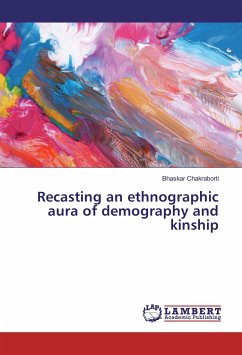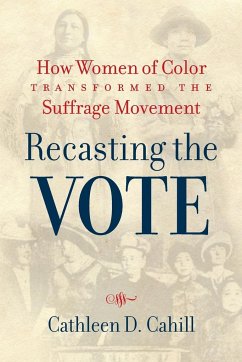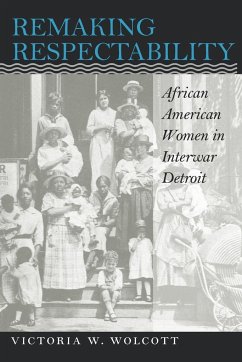The growth of transnational call centres in metropolitan India has produced a young work force who is subjected to the experiences of a western world in a global work milieu. The challenges are more for the female employees who are expected to uphold their traditional class values and norms as an integral part of their identities. Against this backdrop I examine the influences of call centre work and life in the metropolitan city of Bangalore, on the gendered subjectivities of young, Indian middle class women. The study shows that the aspirations of these young women to be modern, based on their job in a global industry and to satisfy their sexual desires in the anonymous living conditions prevalent in an urban environment remain embedded within the wider expectations of middle class families that their daughters should always remain respectable- a form of symbolic class capital . The study takes an approach that foregrounds context, practices and agency to develop a nuanced understanding of the gendered selves. It contributes to the existing sociological and feminist theory by developing a methodology to study shifting gendered identities in a transitioning cultural context.
Bitte wählen Sie Ihr Anliegen aus.
Rechnungen
Retourenschein anfordern
Bestellstatus
Storno








